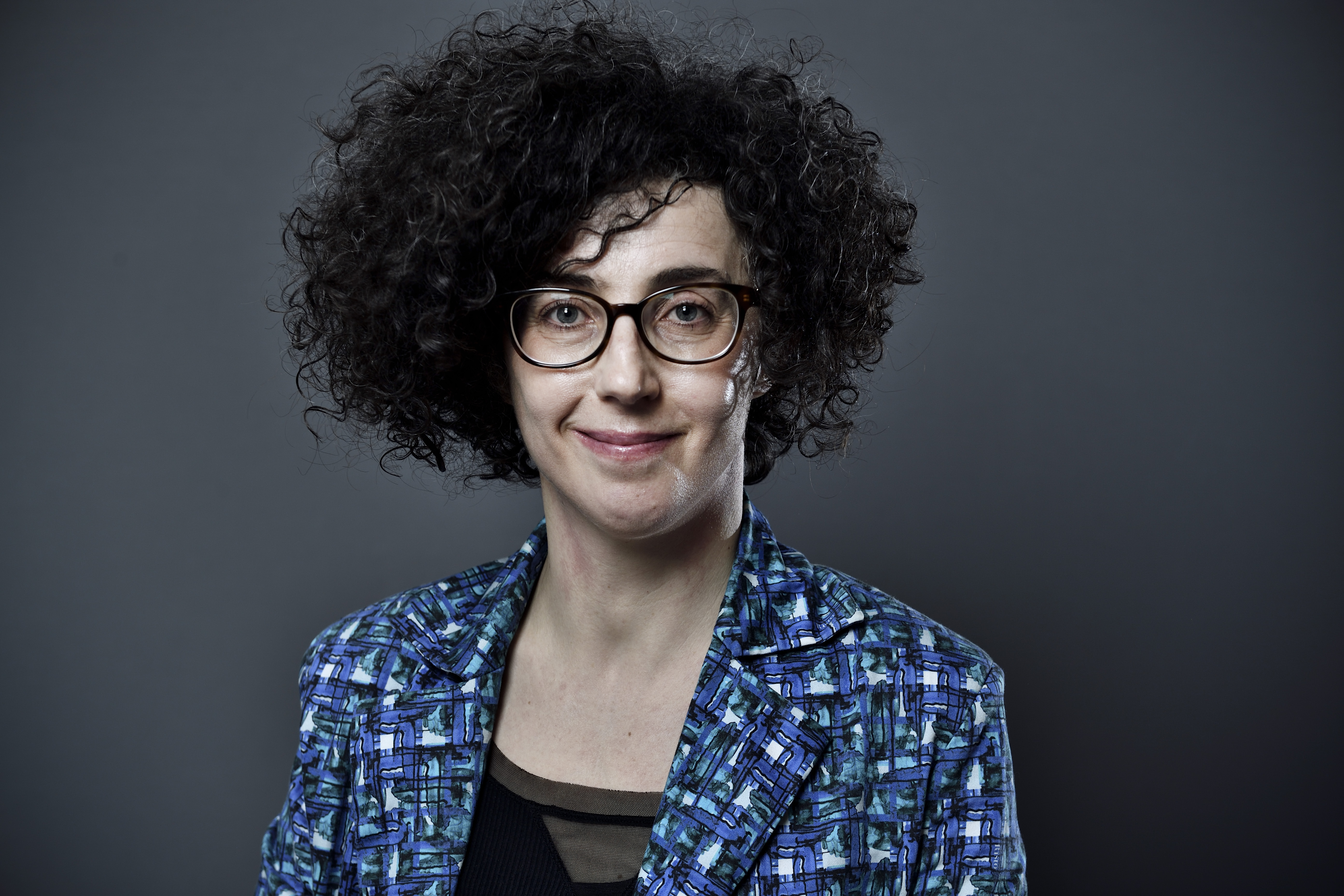Ana Alacovska
Research leader

Project title
Operative fictions: How popular culture genres shape social life
What is your project about?
‘1968 science fiction is today’s reality’, as NASA recently proclaimed. Many technologies we now take for granted such as submarines or e-book readers were first dreamt up in science fiction movies and books. Despite abundant evidence, however, we know very little – analytically or systematically – about how popular culture genres affect real world action and behaviour. My project investigates empirically the ways in which, and the conditions under which, popular culture fictional genres shape social life and trajectories of action within organisational and professional settings. The project consists of three synergetic sub-projects: the first investigates the role of science fiction in robotic design and technological invention; the second examines the role of crime fiction in investigative work within the police; and the third focuses on the role of climate fiction (cli-fi) in radical environmental activism.
How did you become interested in your particular field of research?
I became aware of the power of genres to actively shape social life during my doctoral and post-doctoral studies. While studying professional cultural production, I became increasingly dissatisfied with common sociological explanations that social inequalities and economic outcomes in cultural production could be attributed merely to ‘real’, readily measurable structural forces such as social status, socialization or network position-taking. I observed that the genres in which cultural producers work exercise an equally strong and material influence over ‘real’ professional and organisational worlds. Ever since making this ‘observation’ I have been trying to understand how genres affect professional imagination, occupational self-identities and workplace/labour dynamics.
What are the scientific challenges and perspectives in your project?
The project rests on the assumption that there is a co-constitutive relationship or two-way flow between real actual worlds and fictional imagined worlds. While extensive research has been undertaken on how real-world developments – in engineering and technology for example – affect the creation of science fiction movies, we know relatively little about the distributive flow between fictional and real worlds or how fictions leap into reality. And here lies the biggest sociological challenge: how to treat popular culture ficitonal genres as an independent variable, possessing operative force and being capable, in its own right of motivating and structuring social action (rather than, as is typically assumed, being an object that is dependent on and shaped by collective agreements or social interaction). How can we study sociologically the organisational and labour effects of fictional genres?
What is your estimate of the impact, which your project may have to society in the long term?
It is often said that we live in an era plagued by a ‘crisis of imagination’ as to how to solve daunting and impending ecological, security and technological disasters. Imagination seems to have reached an impasse. With this project we hope that, by expanding our empirical and theoretical knowledge about the ways in which popular culture genres such as science fiction, crime fiction and climate fiction shape technological imagination, forensic imagination and eco-political imagination, we will be able to outline a set of sustainable, generative and inclusive guidelines for the cultivation of imaginative action and envisioning of alternative future worlds through cultural production.
Which impact do you expect the Sapere Aude programme will have on your career as a researcher?
By providing the opportunity to lead a first-rate research project, the Sapere Aude programme will help me consolidate my research agenda and gather a group of excellent post-doc researchers to work further with and extend my research ideas. The Sapere Aude grant will boost the international standing and visibility of our research group, which aspires to become the go-to site for cultural analysis of work and organisations in Denmark and Europe.
Background and personal life
Work and life are closely intertwined. I am a single mum of a nine-year old child and we spend a lot of our time visiting exhibitions, theatres, cinemas and libraries. In that sense I ‘walk the talk’, believing as I do that theatre performances, arts exhibitions, ‘good’ movies and books help cultivate the imagination of better, more inclusive and more equitable worlds, in turn inspiring actions to achieve these worlds - no matter how infinitesimal any individual contribution might be.
View all research leaders here
Research institution
Copenhagen Business School, Department of Management, Society and Communication
Research field
sociology
City of your current residence
Glostrup
High school
Sv. Kliment Ohridski, Ohrid, North Macedonia
